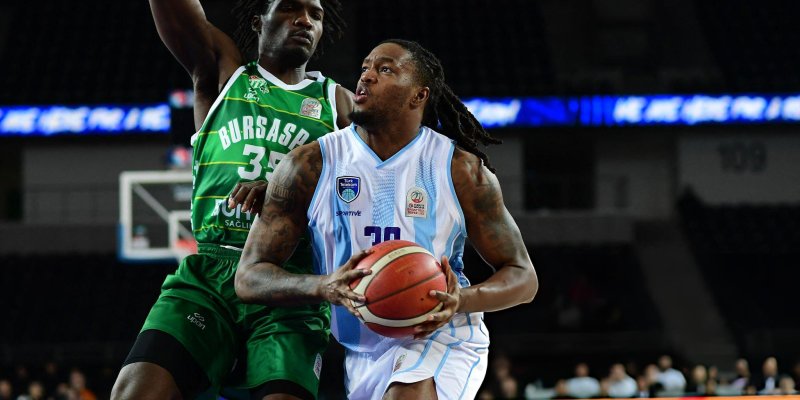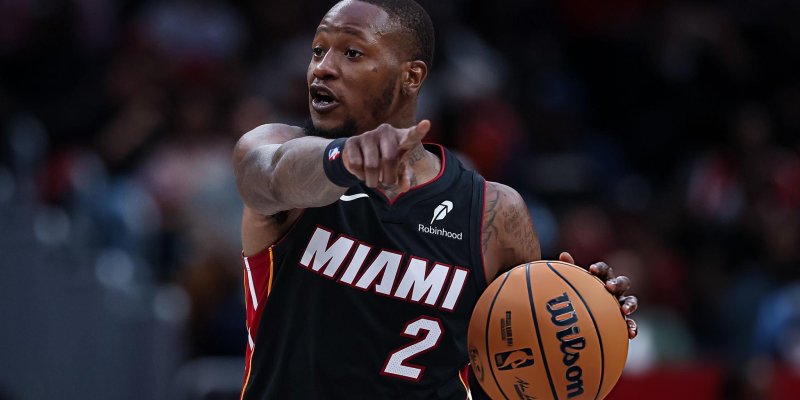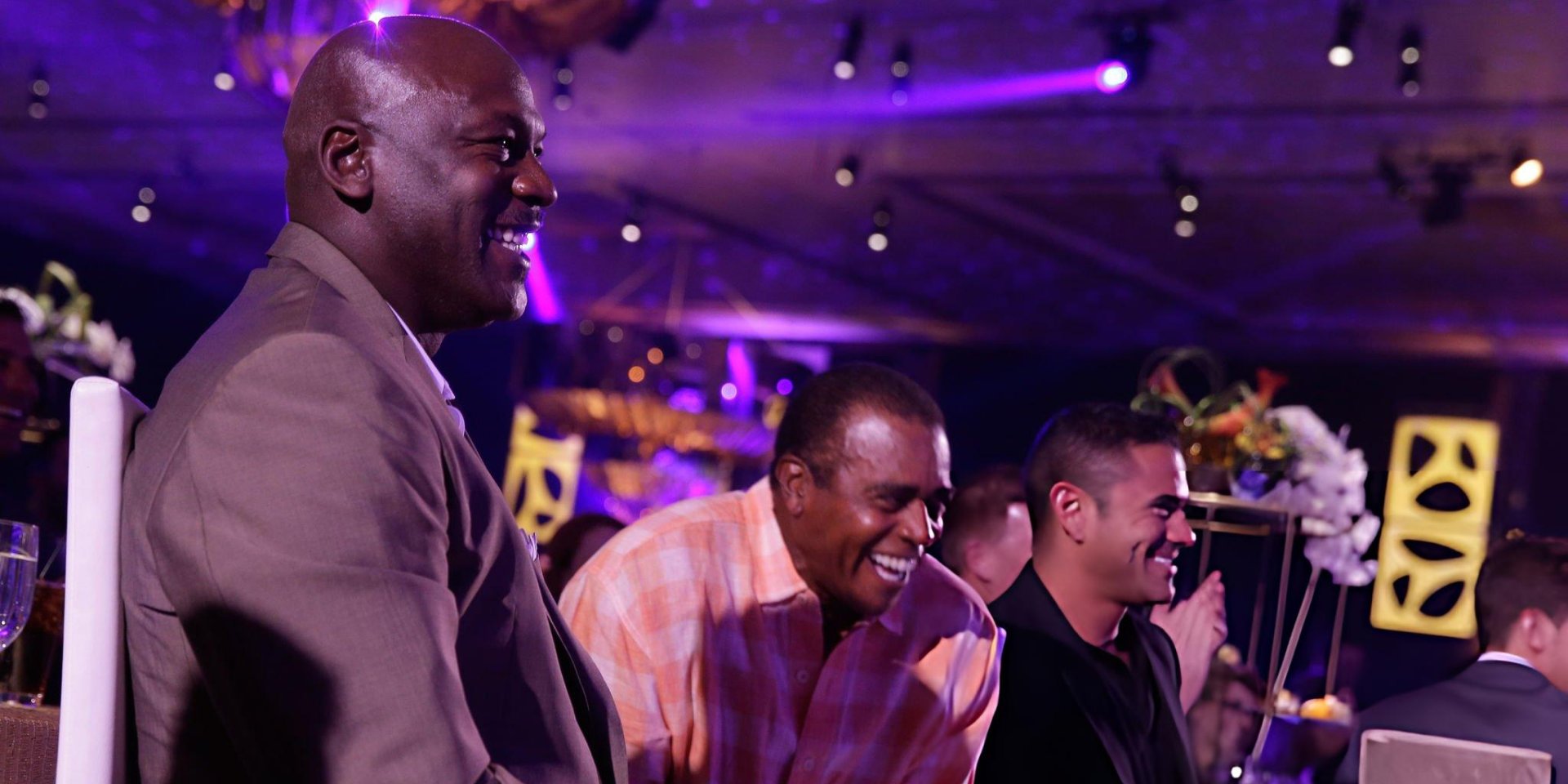
When Michael Jordan's name hits the headlines, the volume is automatically turned up to the max. In that noise, it's easy to blur reality, human frailties, and the magnet of myth that inevitably clings to any superstar. The story that the NBA 'kicked' Jordan out for gambling is a perfect example: it is striking, dramatic, and... it doesn't hold up well to tests of logic and chronology. Let's unpack where this storyline came from and why it still lives in the fan imagination.
Where Doubt Takes Root: Moralizing, Envy, and a Hunger for Sensation
Every conspiracy theory feeds the moment emotions are labeled as facts. In sports this is especially visible: we demand unattainable purity from leaders and turn the slightest dissonance into a 'case.' The urge to 'expose' easily slides into a hunt for ghosts — especially when millions, global fame, and a figure on the scale of No. 23 loom on the horizon.
The Gambling Impulse as Temperament, Not a Diagnosis
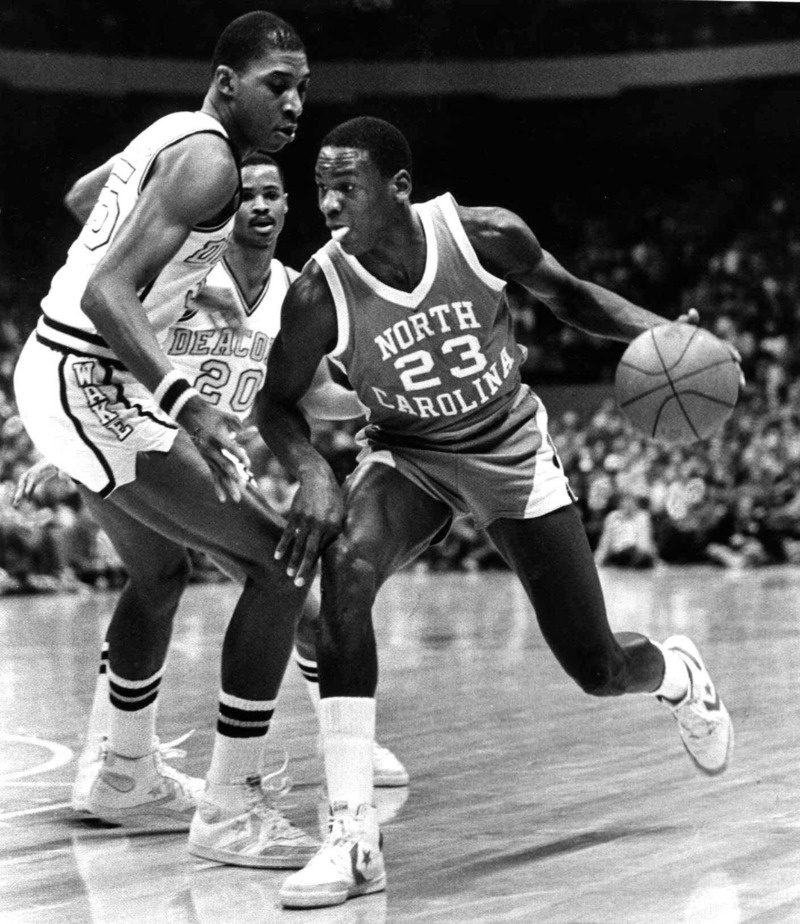
Jordan's taste for risk was not a late 'habit of a rich man,' but a long-standing trait of character. In his youth, trying his luck and testing himself mattered more than big money: the stakes were symbolic, and so were the winnings. In college he often played for coins because he simply had no money. The gambling impulse served as fuel for competition: risk for the feeling of the game, not for the ledger. Later, contracts and prize money arrived and limits grew; but the root cause stayed the same: an appetite for challenge.
The World of the Big Leagues and the "Gamification" of Everyday Life
In elite sport, betting is the natural extension of competitiveness. NBA stars and others for years played cards, craps, and poker, made per-hole wagers in golf, and turned everyday details into bets. The list of names is long: from hard-nosed Charles Oakley to Jerry Stackhouse and Phil Mickelson. What set Jordan apart was not the pastime, but the scale of attention directed at him and, of course, a much deeper wallet.
The Media Spotlight and the "Magnifying Glass" Effect
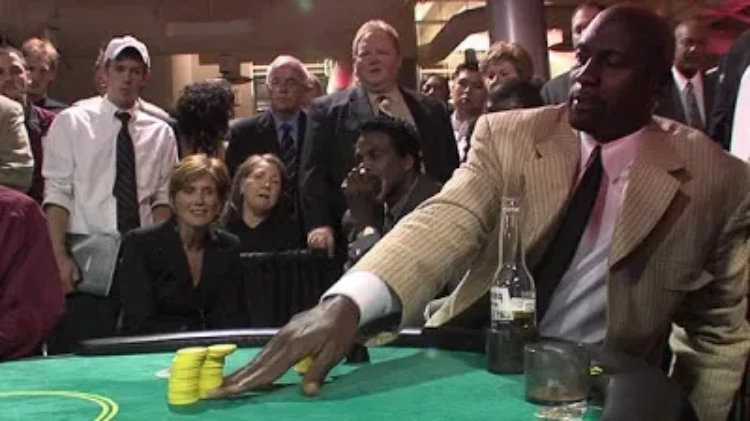
The moment Jordan enters the frame, every episode gets louder. At Mohegan Sun he supposedly 'dropped half a million' and 'leaned on the dealer,' yet eyewitnesses remember nothing more than friends letting off steam. There are countless similar moments: the basketball player joked, took on wagers, and set up fiery mini-duels. Where others went unnoticed, Michael received a spread and dozens of speculations.
Playing With Everyone and at Everything: Troubling Yet Telling Vignettes
Jordan knew how to turn everything into a game: from the cartoon horse races on the scoreboard during timeouts to bets on whose suitcase would appear first on the baggage carousel. He would play a coin-pitching wall game ('pristenok') with security guard John Michael Wozniak to the point of frenzy, deal cards on flights, and even join reporters' tables on the road. This was not a 'lust for easy money,' but a full-on gamification of reality. Yes, sometimes naive, sometimes audacious, and at times with limits set too high. But that is how the psychology of a super-competitive athlete works.
The Timeline That Fanned the Legend
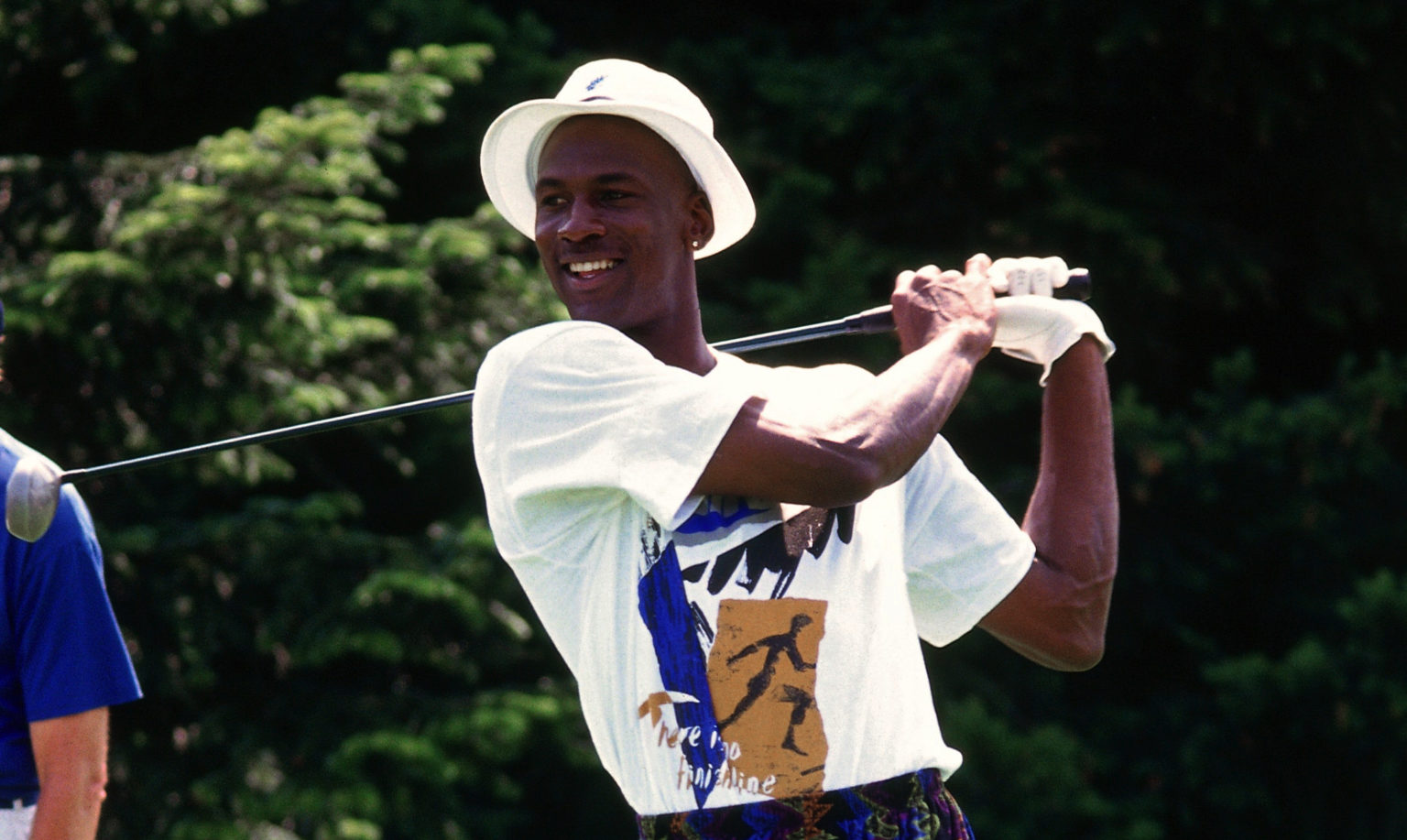
The myth has a 'skeleton' of events spread across years.
- 1991: Between playoff games against Philadelphia — a quick trip to Atlantic City. There was more noise than substance, but the mark remained in the chronicle.
- 1991–1992: A $57,000 check surfaces in the name of James 'Slim' Bouler — an old golf acquaintance of Jordan's later convicted on drug charges. Hearings follow; an awkward admission is heard: yes, it covered golf debts.
- 1992: In the murder case of bail bondsman Eddie Dow, a briefcase is found with six-figure checks signed by Jordan. The NBA opens an inquiry; commissioner David Stern speaks with Michael and urges him to be more selective about his company. Full stop there: no disciplinary penalty.
- 1993: Richard Esquinas — Jordan's golf partner — publishes a book describing 'millions-plus' in debt. Jordan states he paid out of honor, there was no legal contract, and he considers the account settled. The same year brings another Atlantic City visit during the Eastern Conference Finals against New York and a second league review — formally without consequences.
On paper this looks like 'negativity piling up.' In practice it is a set of lawful wagers (golf, cards, private bets) and unfortunate acquaintances; a scolding from the commissioner — yes, a penalty — no.
Tragedy, a Pause, and a Media Vacuum
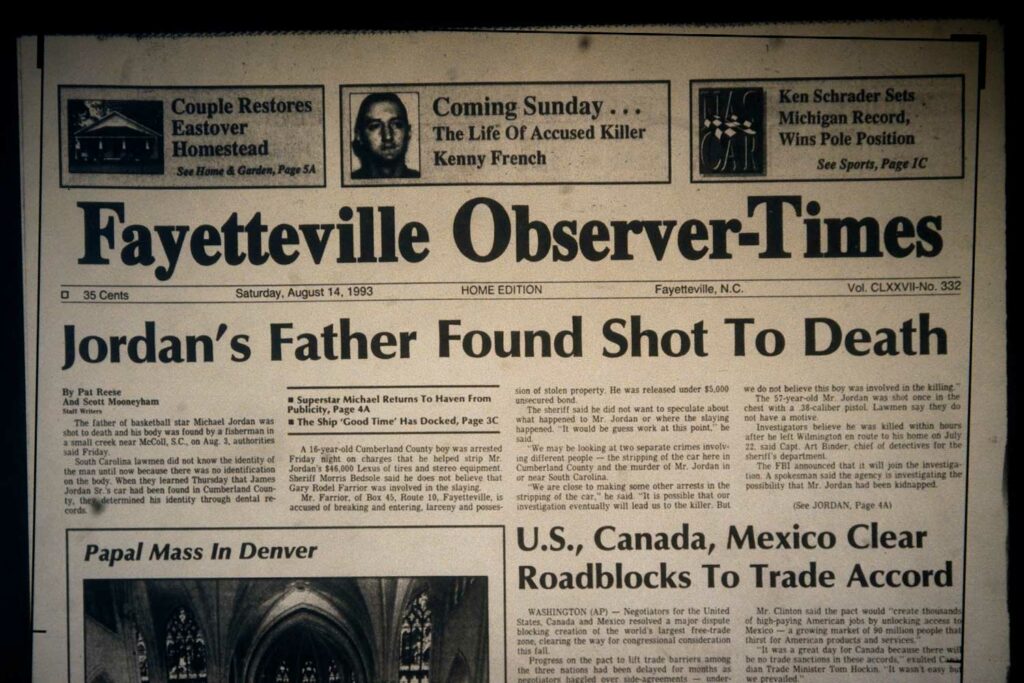
In the summer of 1993 Michael's father was killed. An information vacuum and collective shock produced especially loud insinuations. Lines like 'There is an athlete who bets, there are debts — and there is a murder. Coincidence?' circulated. Amid trauma Jordan reduced his media contact and soon announced he was leaving basketball. A line tossed off half-jokingly — 'I'll come back if Stern allows it' — became fuel for the secret-suspension theory. There was no official confirmation; but it sounded good, and so it stuck.
Why the "Exile" Version Doesn't Add Up
Conspiracy narratives have weak seams — here they split immediately.
- The league's decisions are documented. The NBA conducted inquiries and closed them without sanctions: no disqualification, no ban. Warnings — yes; punishments — no.
- There were no bets on basketball. Jordan stressed that he did not bet on NBA games. The stories concern golf, card games, and private wagers.
- The logic of a 'quiet exile' collapses. In an era of omnipresent media, secretly sidelining the face of the league is nearly impossible. Moreover, Jordan returned later and continued at the same level without any 'probation.'
- Psychology explains the behavior better than conspiracy. His gambling impulse is the flip side of extreme competitiveness. The same engine chases records and raises the risk 'for the game.'
In short, there are events that fit a novel; but there is no procedural reality to a 'secret suspension.'
The Return and an Incurable Competitive Spirit
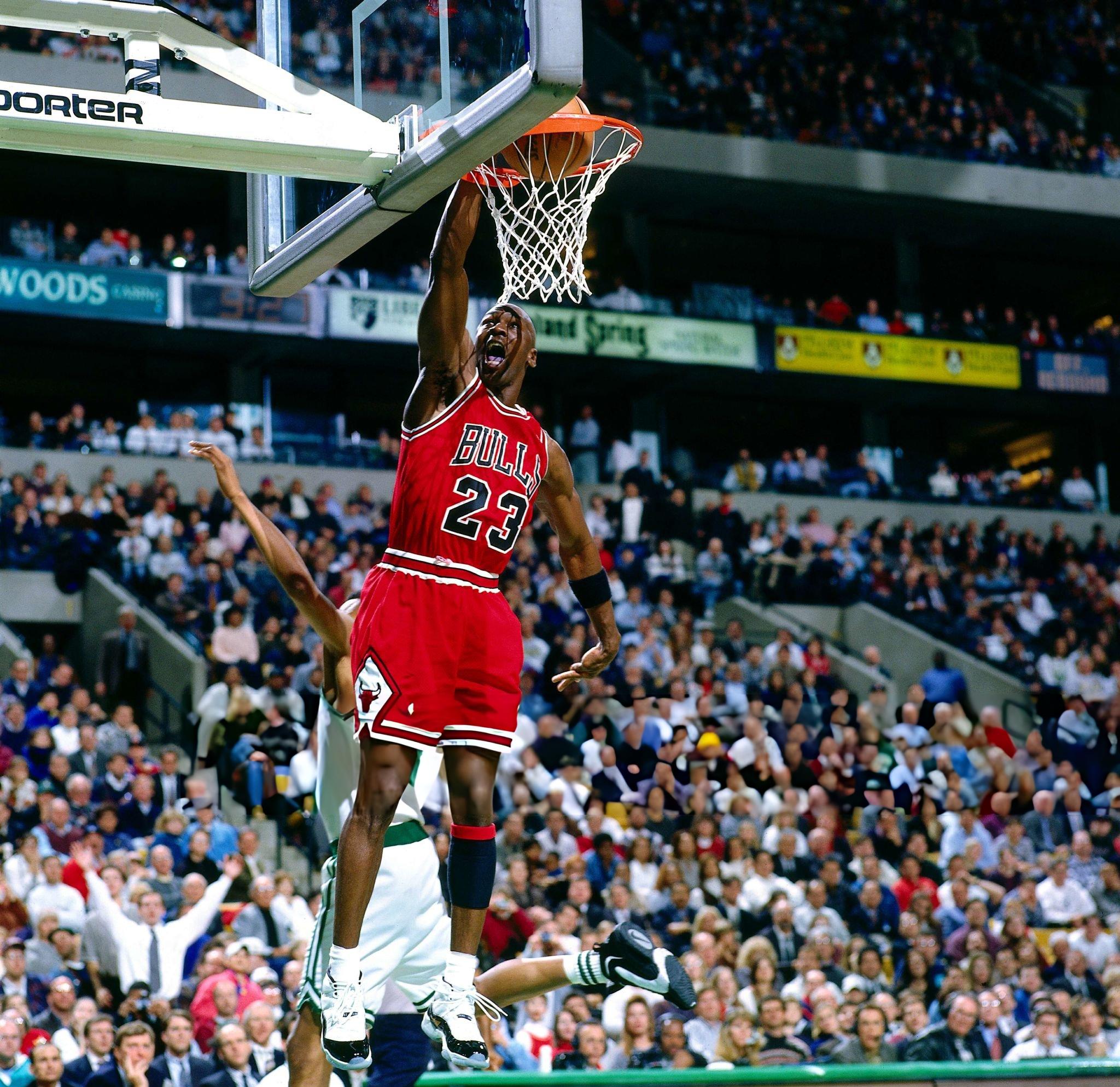
Jordan's comeback did not turn off his appetite for wagers. He still accepted any mini-duel: from 'consecutive makes' bets at camps to friendly head-to-heads on golf courses. The stories vary — some verge on anecdote, others lend themselves to exaggeration. But the common denominator did not change: Michael still staked everything on himself, his touch, and his nerve. That's how he's wired — and it does not prove the league had to push him into the shadows.
How Much "Casino" There Really Is in Jordan's Biography
Strip away the romantic filter and moral sermon, and the picture becomes simple. In youth — not giant jackpots, but 'sharp sensations' and tiny bets. In maturity — big money, hence big limits; plus vulnerability to dubious circles that fame attracts. In the media — a magnifying-glass effect: every word and every check becomes 'evidence.' In the NBA rulebook — zero proof of a secret penalty. In logic — even less.
The Free-Throw Line of Character
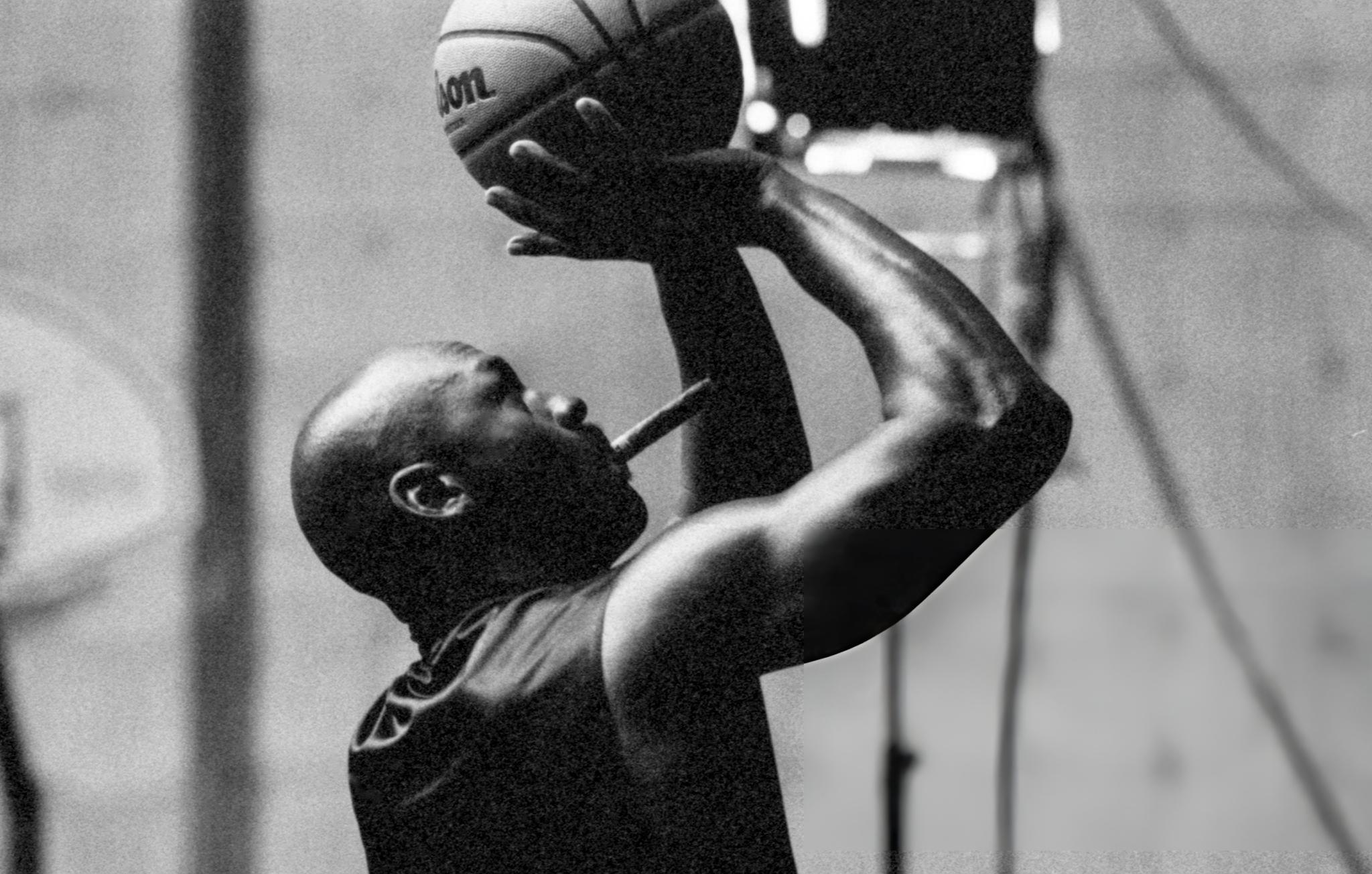
Jordan was never an ascetic. His career was a game built on risk: shots through contact, comebacks, records, challenges to himself. The gambling impulse is part of that construction, like the willingness to take the last shot in the final seconds.
The myth of an 'exile for gambling' has survived for decades because it is dramatically perfect. The truth is duller: the NBA investigated and let go, journalists searched and mostly found stories fit for columns, and Michael kept making the main bet of his life — on his passion for competition. And, more often than not, he won.

